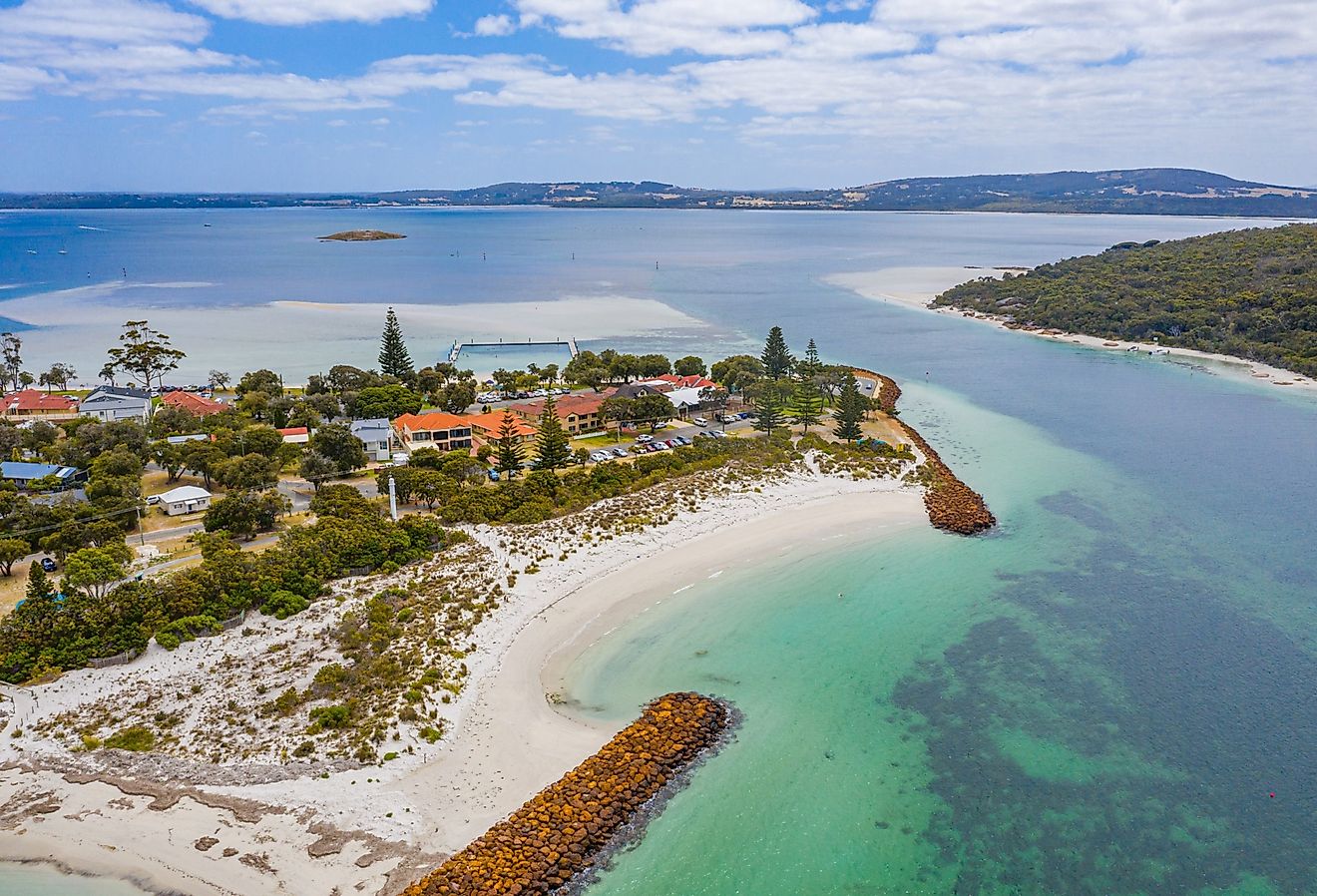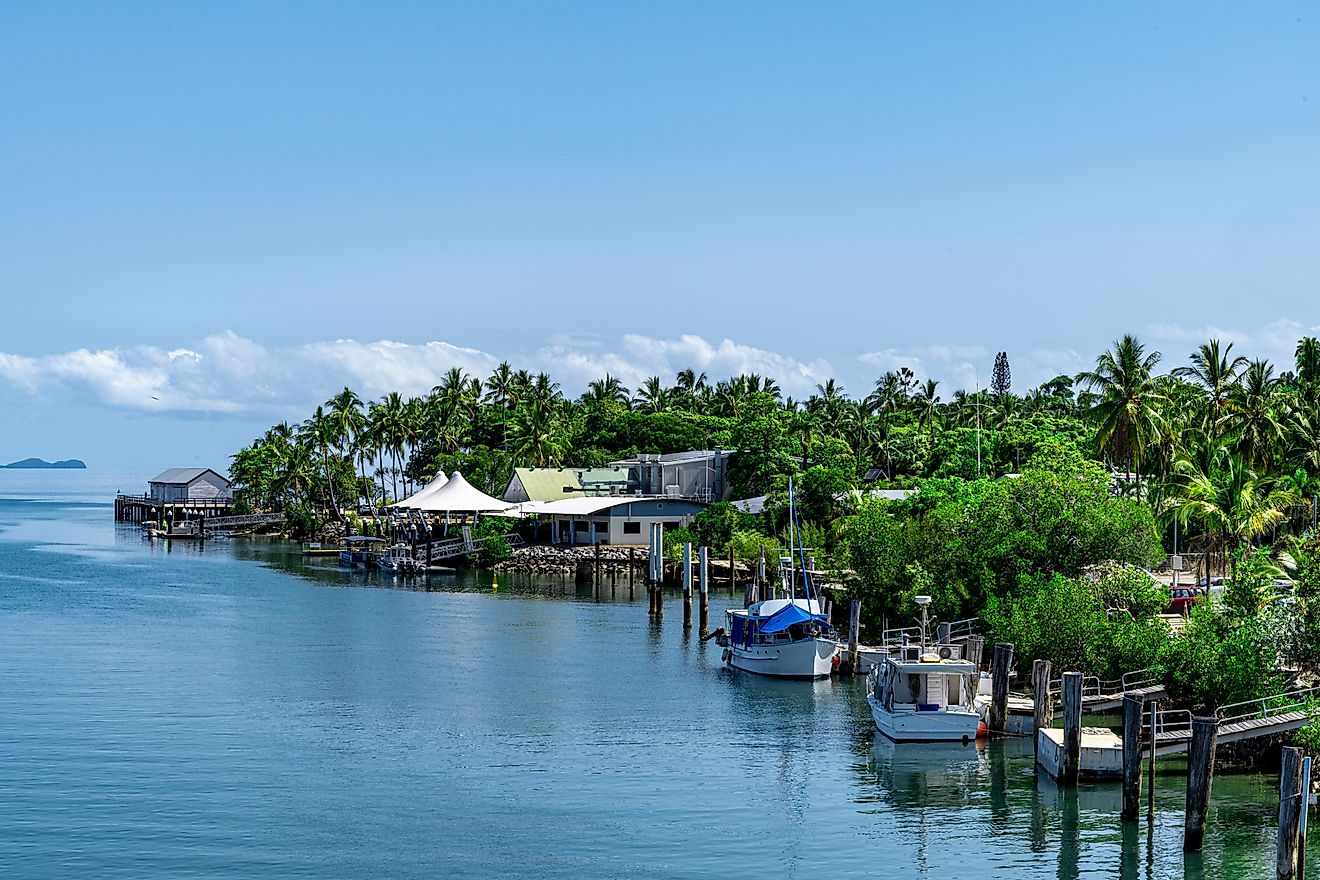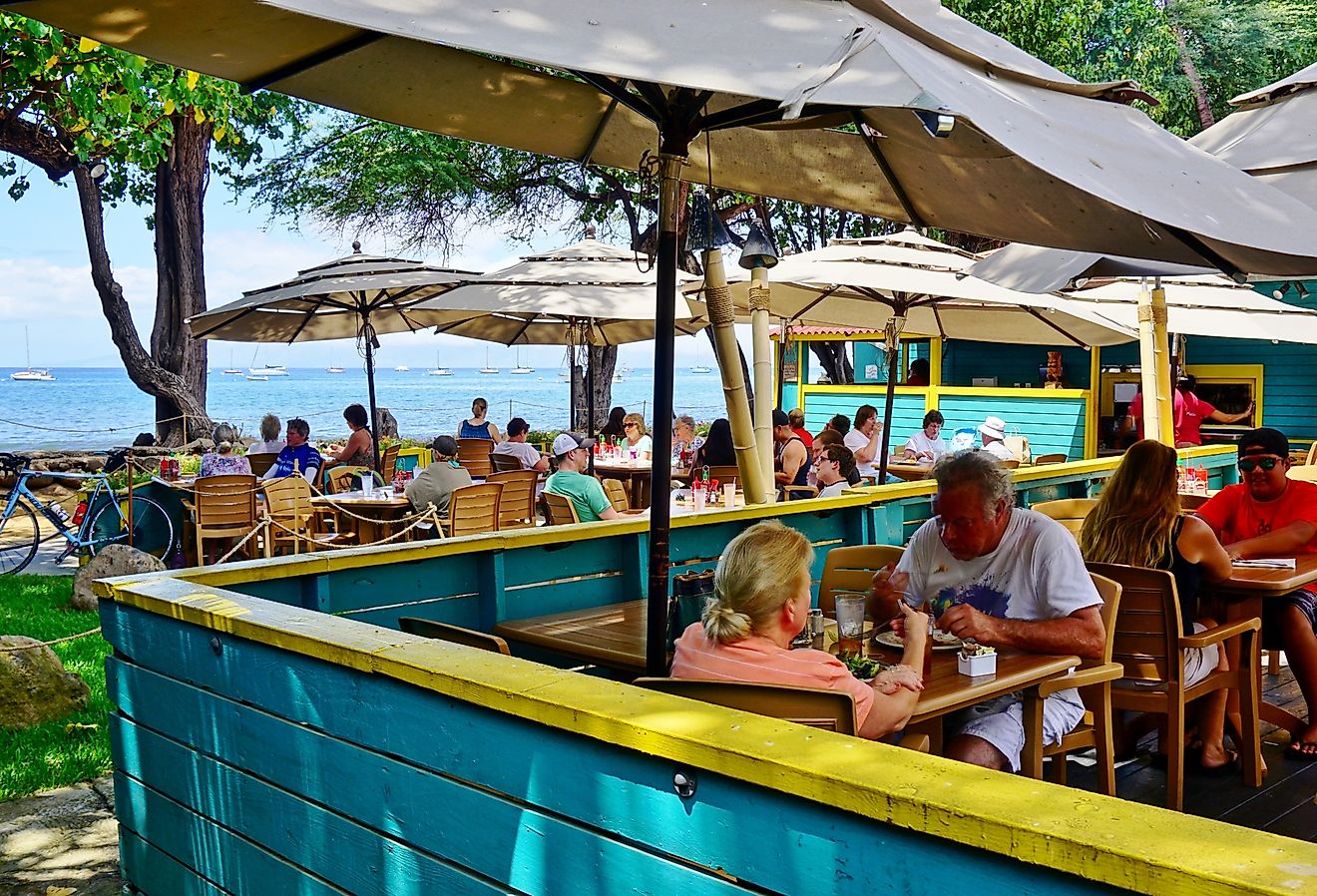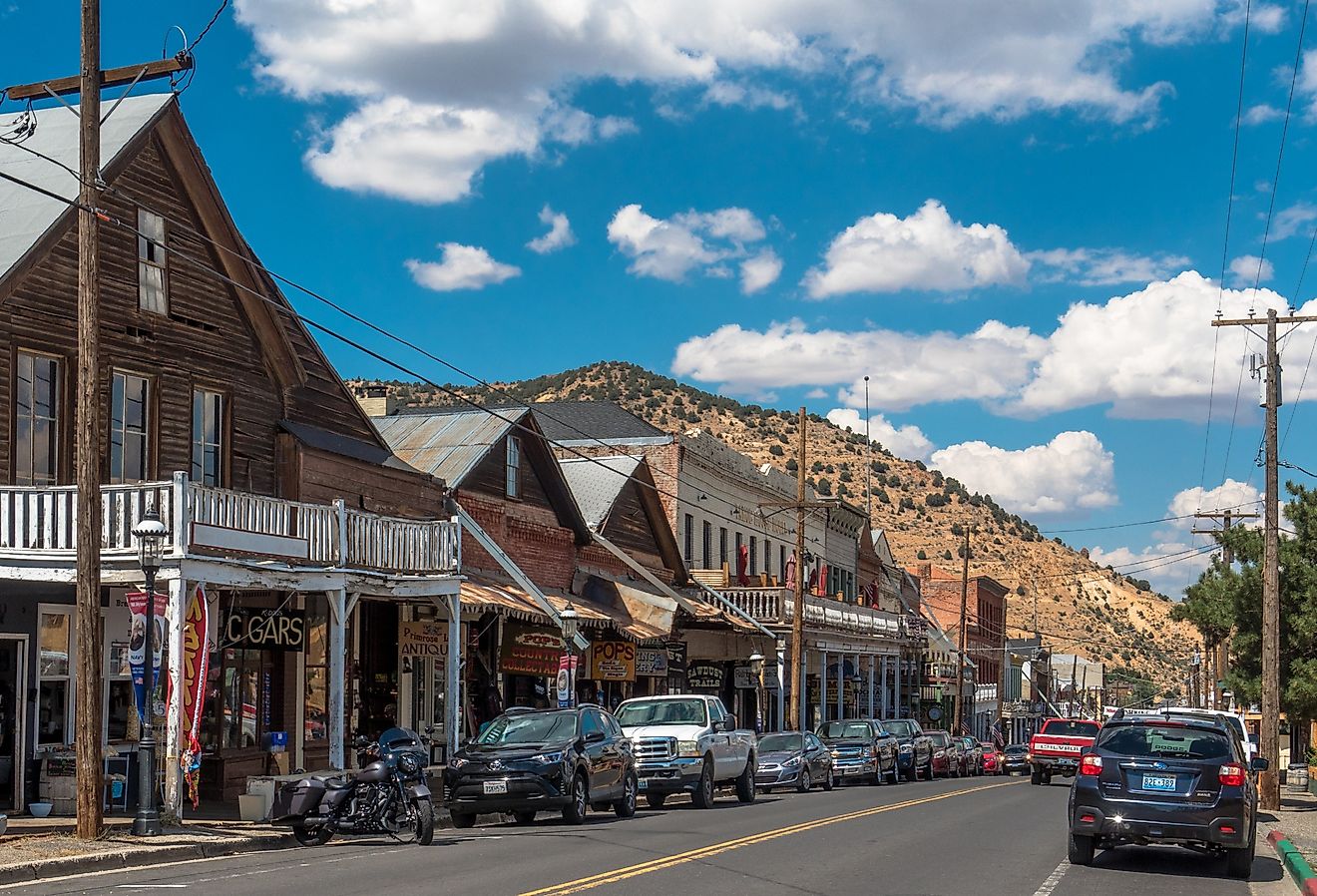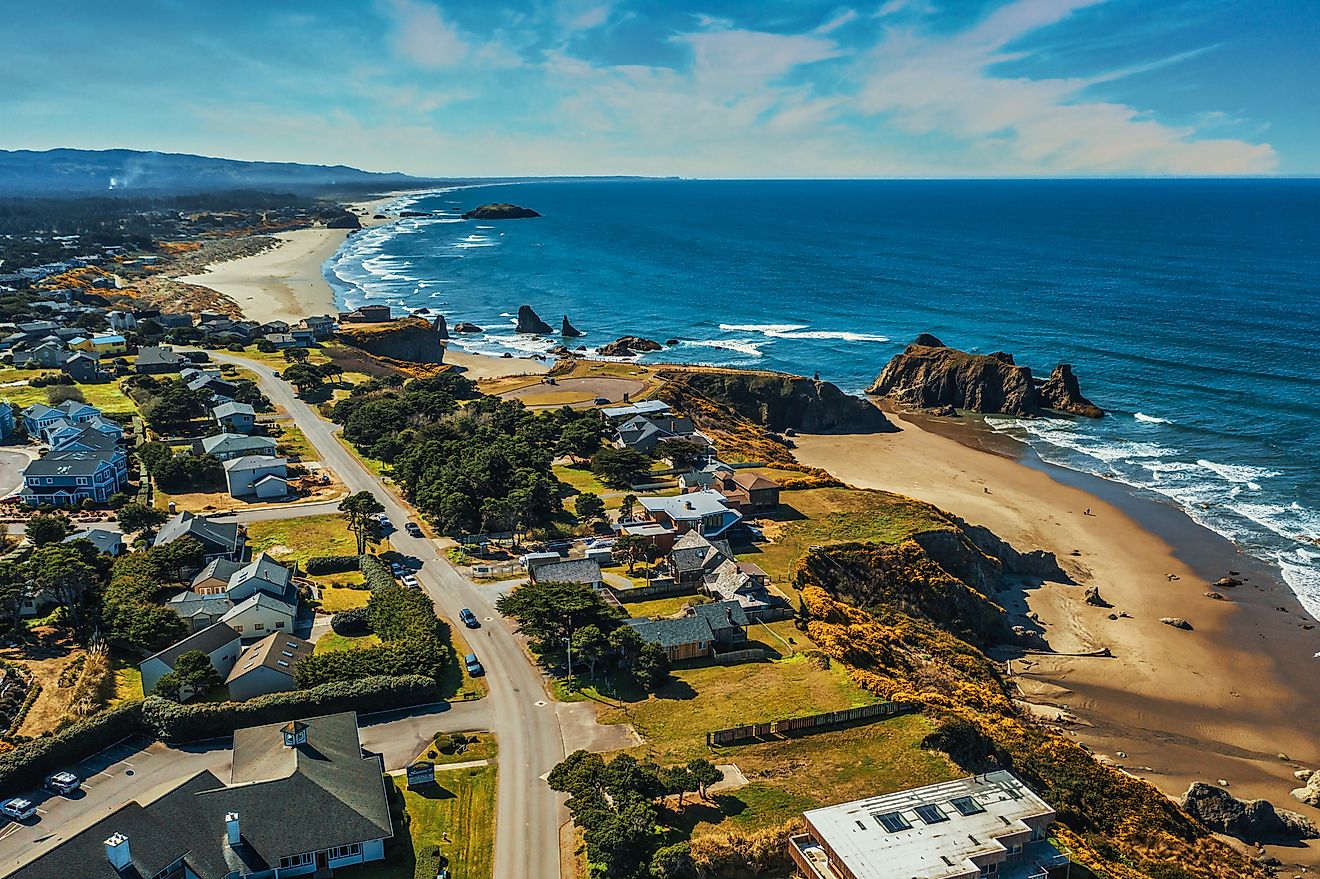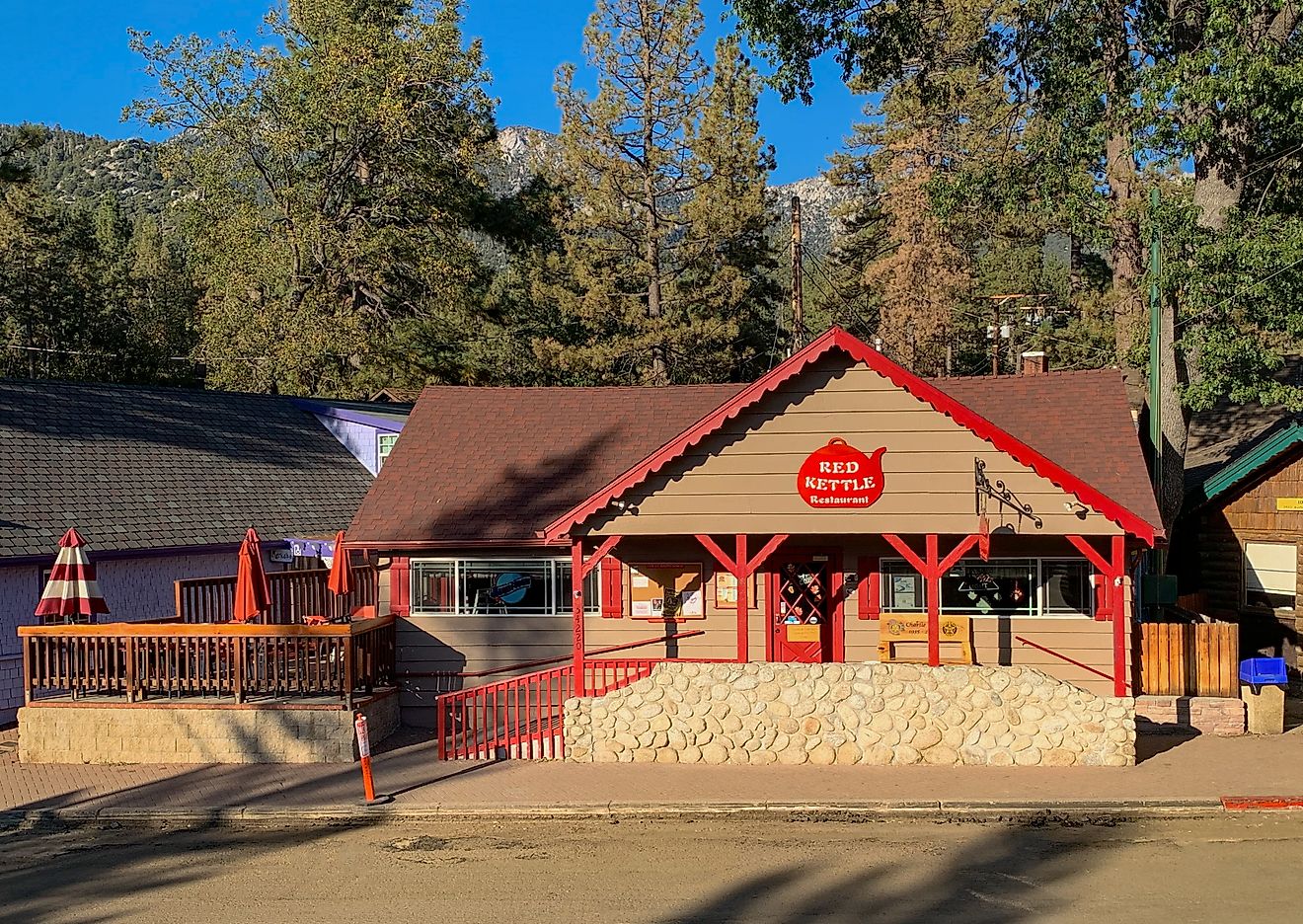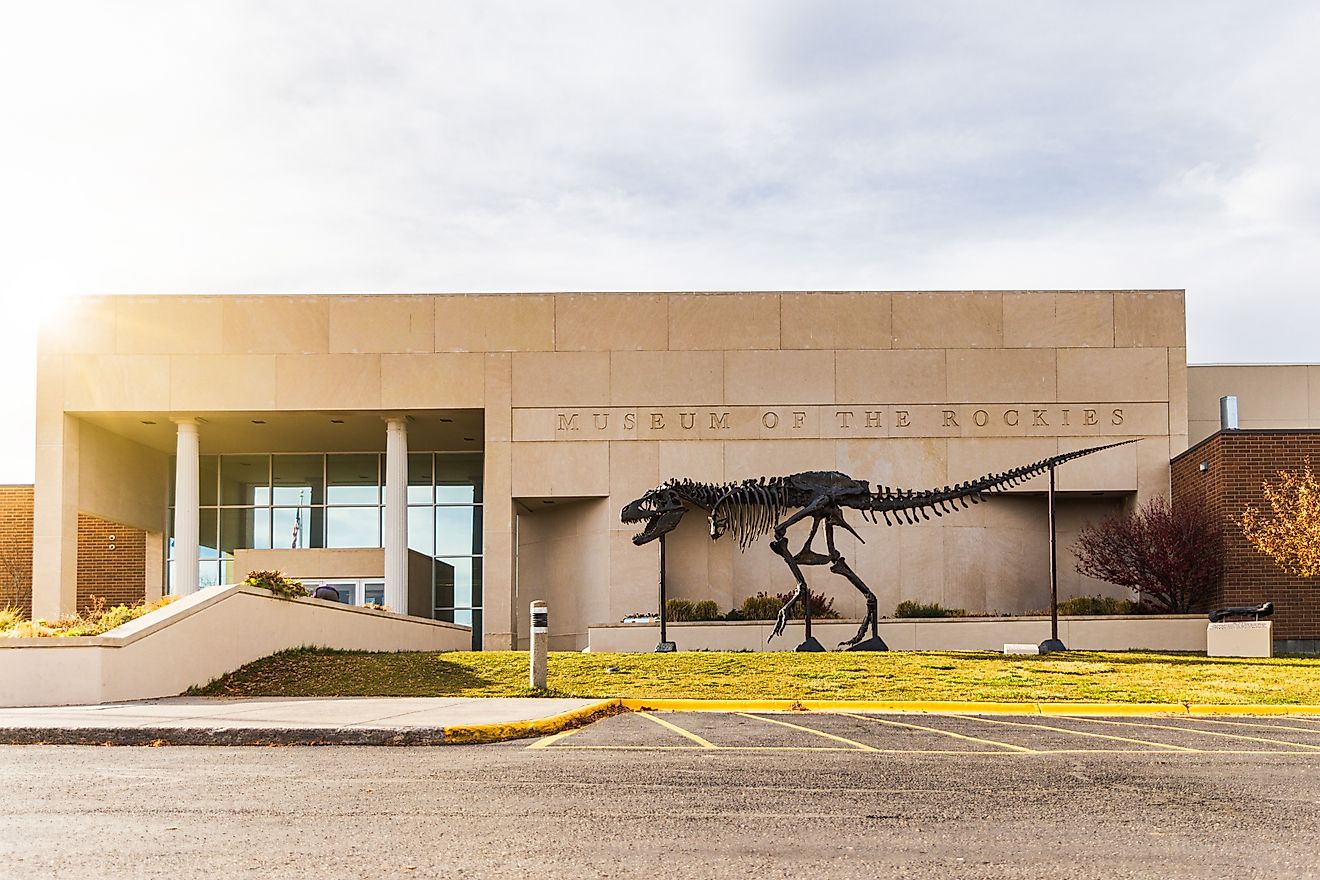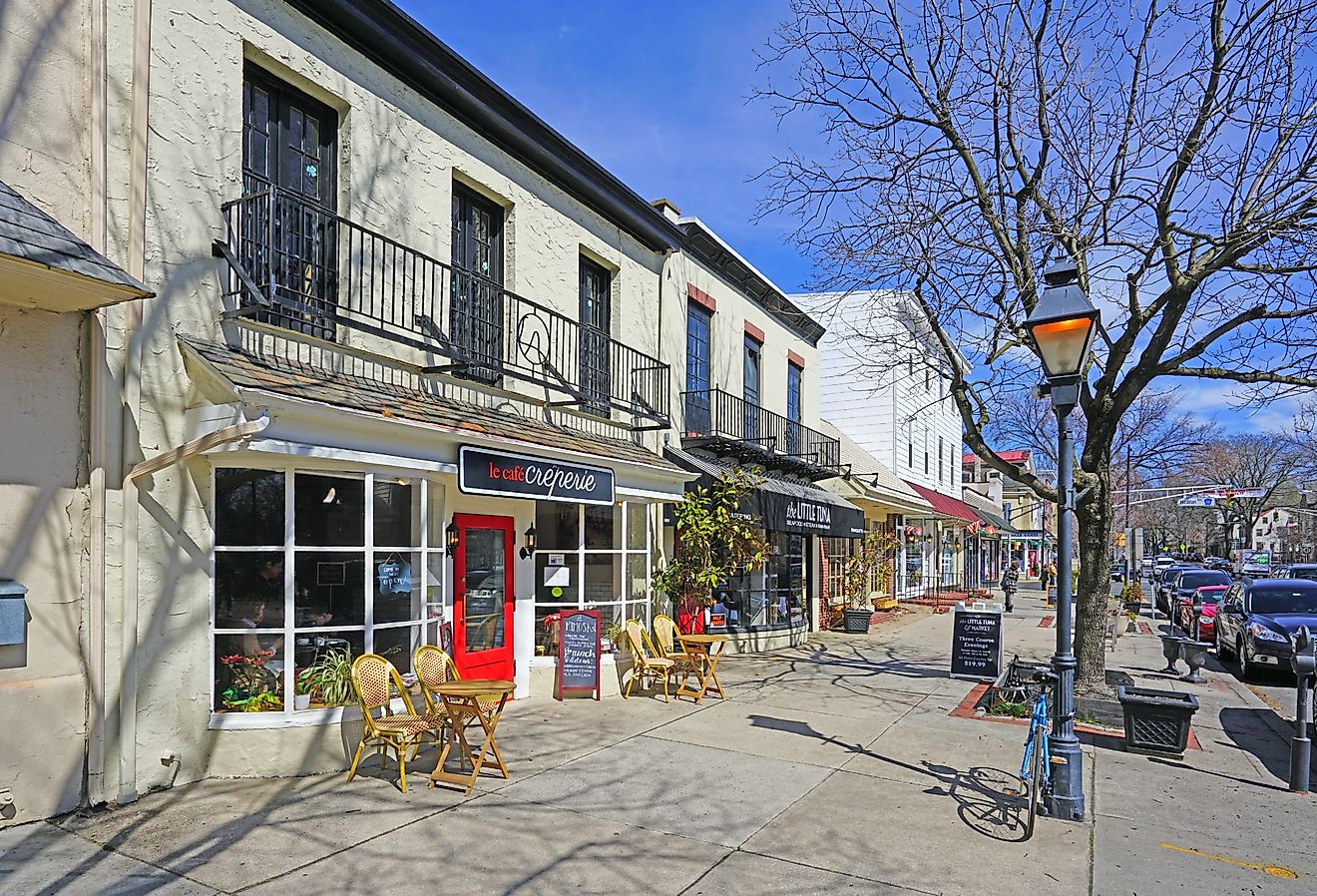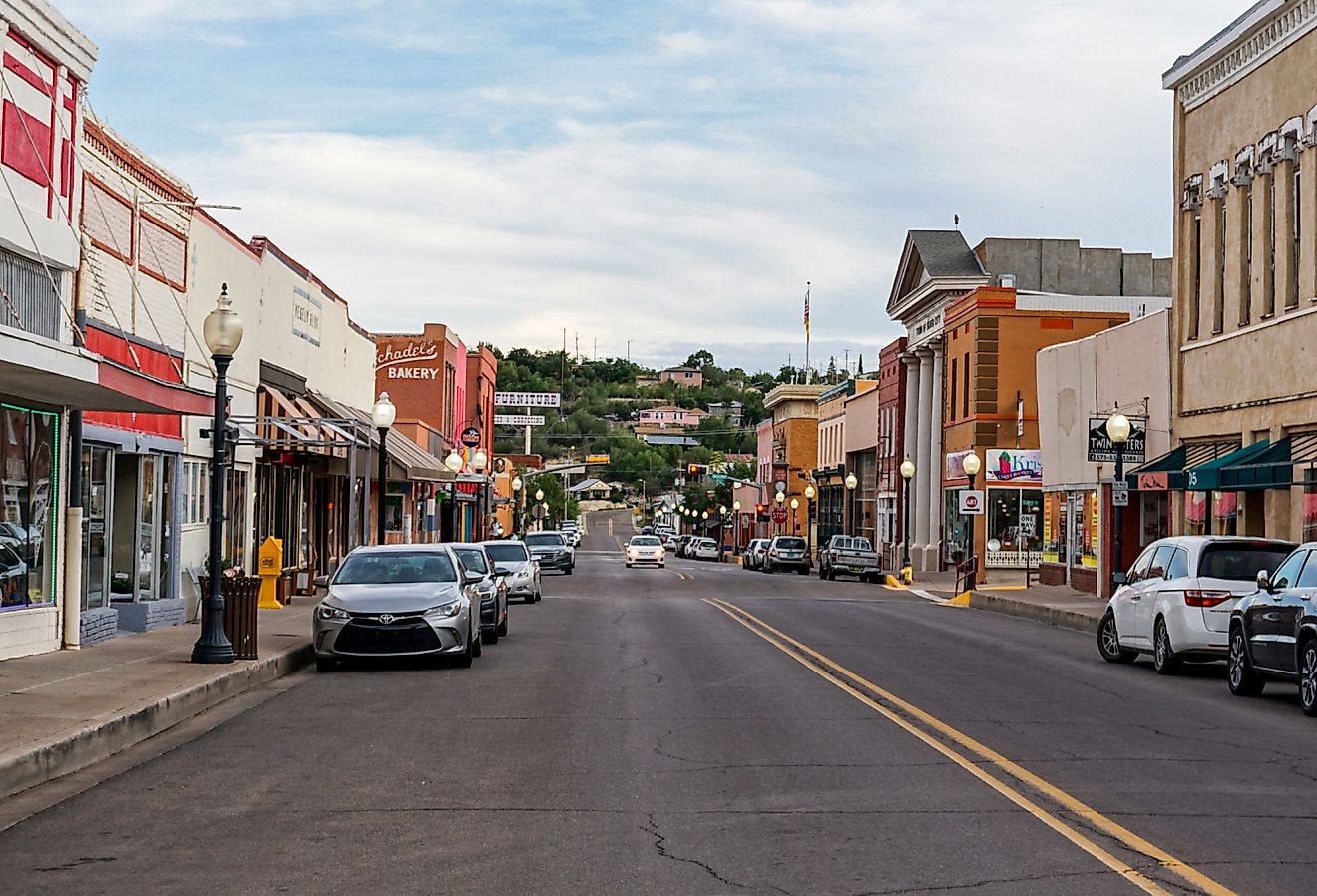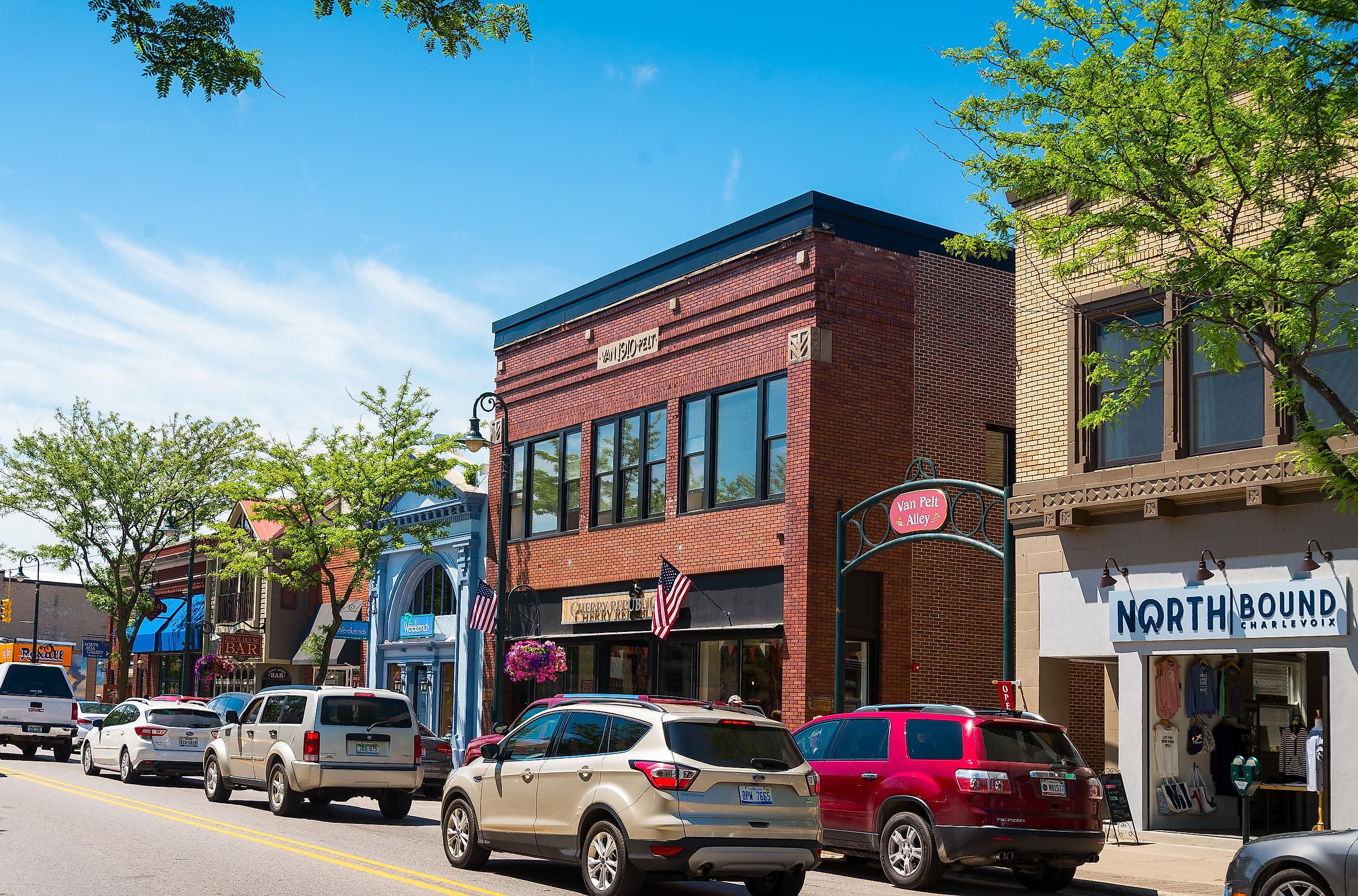
6 Must-See Historic Towns in Michigan
Michigan, often referred to as the Great Lakes State, is a natural treasure trove, boasting historic towns and picturesque lakeshores. Ypsilanti, inviting the modern traveler to explore beyond the ordinary, is progressive yet offbeat, distinguished by its three historic districts. Each district offers a range of attractions suitable for all seasons. Holland, both historic and hip, is home to the DeZwaan Windmill at Windmill Island Gardens and Nelis’ Dutch Village. It welcomes visitors year-round to enjoy craft beer and waterfront dining.
In Michigan, you can explore the unique charm of Frankenmuth, a town established to provide comfort to German pioneers struggling to adapt. Their commitment to maintaining their homeland's customs and language has transformed the town into Michigan's Little Bavaria.
Charlevoix
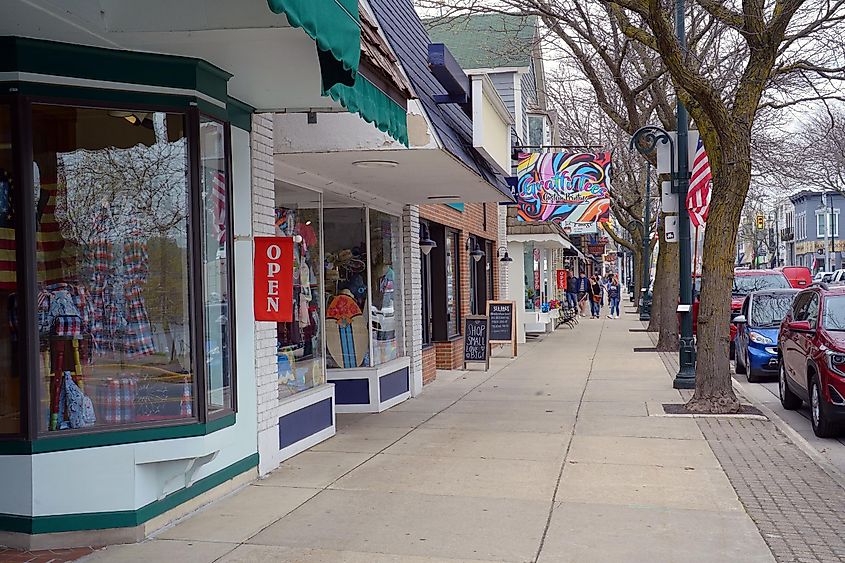
This classic lakeside town, founded in 1878, was originally part of Michilimackinac, established by the Treaty of Washington in 1836. Home to fewer than 2,500 residents today, Charlevoix offers an all-season retreat. Its popularity does not detract from the personal enjoyment of its natural beauty, from Lake Michigan and Lake Charlevoix to Round Lake, along with its noteworthy attractions. Named after the French explorer Pierre François Xavier de Charlevoix and nestled in northern Michigan, the town radiates warmth, from its architecture to local restaurants and natural surroundings, offering a captivating blend of history and outdoor adventure.
As seasons change, Charlevoix transforms into a serene winter wonderland along Lake Michigan, ideal for strolls and enjoying festive lights, with easy access to winter sports like skiing. In autumn, visitors can admire the scenic streets adorned with fall foliage, or enjoy rafting down the Jordan River, surrounded by colorful trees. The town's whimsical architectural wonders by Earl Young, especially the Hobbit Houses, add a unique charm to the landscape, while Castle Farms enchants with its majestic stone buildings, offering a timeless allure.
Chelsea
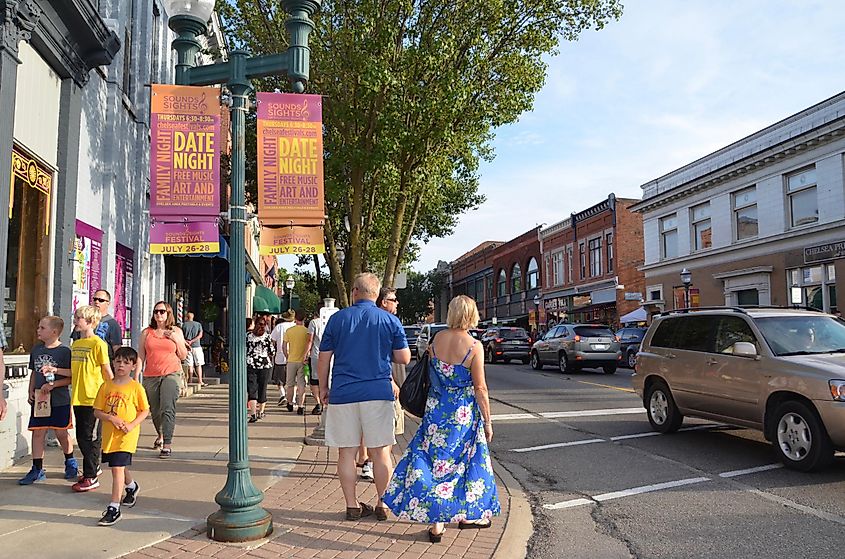
Established around 1830, Chelsea, a picturesque community, embodies simplicity and sophistication just west of Ann Arbor in southeastern Michigan. This historic town is a delightful destination year-round, perfect for leisurely strolls along Main Street, where outdoor public art sculptures and historical plaques reveal the town's rich heritage and culture. Renowned restaurants, local boutiques, and galleries abound, with Bumble’s Dry Goods offering unique items from independent producers and Midwest artisans. The Purple Rose Theatre presents award-winning American plays, complemented by fine dining experiences, such as those at The Common Grill, led by creative owner and executive chef Craig Common, a James Beard "Best Chefs in America" semi-finalist.
For those interested in history, Chelsea's downtown is on the National Register of Historic Places, celebrated for its well-preserved architecture and charming Victorian neighborhoods. Visitors can embark on historic walking tours or explore independently with a map from the Chelsea Historical Museum. The Glazier Stove Works, designed by Jackson-based architect Claire Allen in 1891, is now part of the Clock Tower complex, featuring a clock with four seven-foot-wide faces that light up at night. The Chelsea Train Depot, built by the Michigan Central Railroad in 1880 to replace a station lost to vandalism and fire, once featured triple-gabled bay windows and served until the early 1980s but now functions as a community center for events.
Frankenmuth
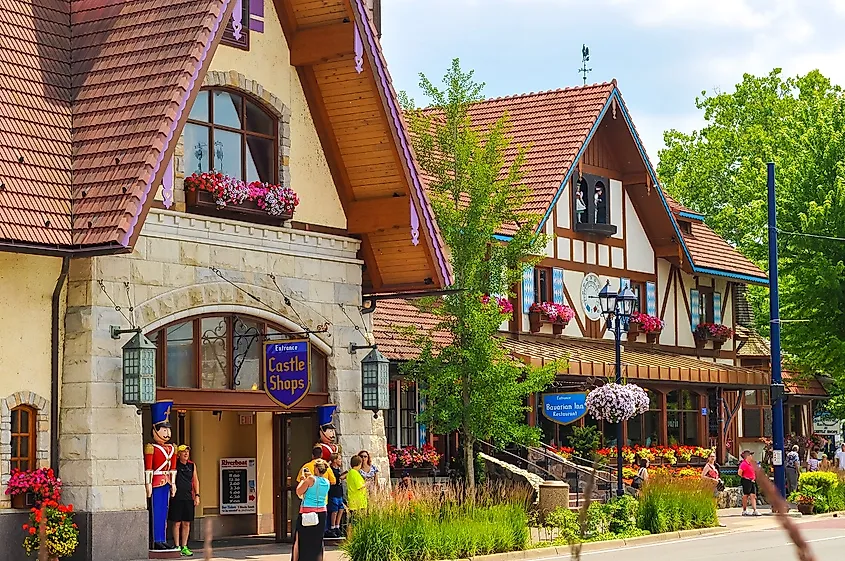
Founded in the mid-1800s, Frankenmuth was established to provide spiritual comfort to German pioneers in the Saginaw Valley of the Midwest and to Christianize native Indians, embodying the spirit of "Wie gut und schön es ist, bei Jesu zu sein" ("How good and beautiful it is to be with Jesus"). The town's name, derived from the combination of "Franken" for the Province of Franconia in the Kingdom of Bavaria and "Muth" for courage, symbolizes the courage of the Franconians. The initial settlement of fifteen volunteer farmers took place in the winter of 1844–45, during which they met to establish a constitution and outline a government, pledging to maintain an exclusively Bavarian, German-Lutheran community faithful to their homeland and language.
Affectionately known as "Michigan's Little Bavaria," Frankenmuth is home to many German descendants and recent immigrants seeking a sense of belonging. The town excels in preserving its heritage, showcasing Bavarian-style architecture, iconic establishments, and sites commemorating the first settlers. It hosts one of the country's best Oktoberfests and the world's largest Christmas store, Bronner's Christmas Wonderland, open year-round. As a premier destination for culture and history enthusiasts in the US, Frankenmuth invites visitors to explore its historic downtown, a Historic Preservation District, where German culture is vibrant on the streets and world-renowned chicken dinners are a local staple.
Holland
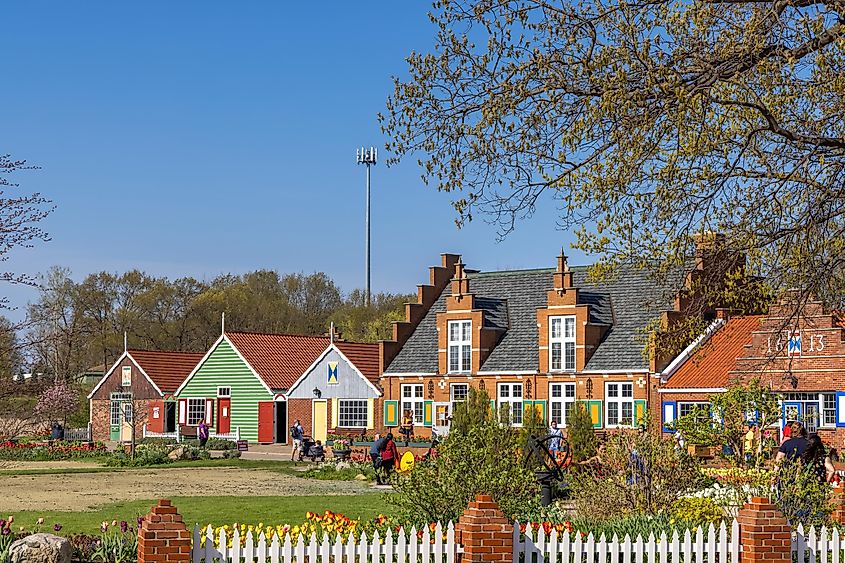
Transitioning from a German to a Dutch experience, Holland, Michigan, immerses visitors in its unique culture and European charm. The town offers historic walking tours downtown, an extensive collection of Dutch art from the 17th to 19th centuries at the Holland Museum, and proximity to the Veldheer Tulip Farm. Holland's cobblestone streets, picturesque architecture, beautiful beaches, and agricultural landscapes with authentic structures create a delightful ambiance. The Cappon and Settlers Houses provide a glimpse into the lives of working-class settlers during the era of the town's first mayor. Its tree-lined streets and Dutch-inspired attractions, including authentic 1800s and early 1900s architecture, food, and festivals, celebrate its Dutch heritage.
A stone's throw from the stunning Michigan Lakeshore and the quaint pocket parks within the town, Holland boasts over 1,500 hectares of parks and trails through marshlands and 240 kilometers of paved bike paths for outdoor enthusiasts. Whether hiking through wooded areas and towering dunes or enjoying mountain biking, Holland offers activities for every visitor. The historic and hip downtown area is a year-round hub for craft beer tasting and waterfront dining. Highlights include the photogenic DeZwaan Windmill at Windmill Island Gardens and Nelis’ Dutch Village, offering a concentrated experience of Dutch culture. The flagship Tulip Time festival in spring celebrates with over 5 million blooming tulips, parades, and traditional klompen dances in wooden shoes, while summer and fall bring beach bike rides, lakeside concerts, and ripe fruits in U-pick orchards.
Manchester
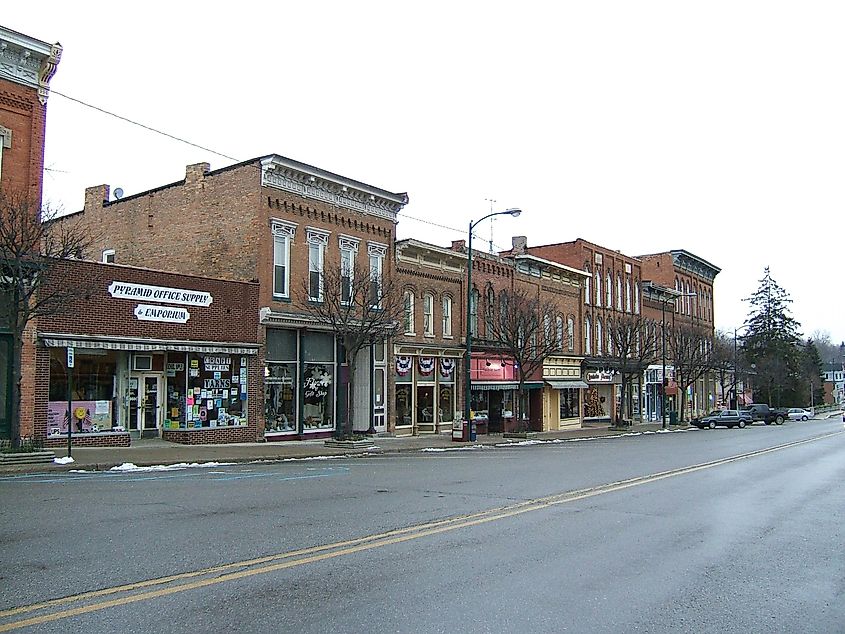
Manchester is one of the most historic and charming towns in the Midwest, attracting visitors with its enchanting strolls through a rich history. The town boasts pretty streets lined with old architecture dating back to the mid-1800s, family-friendly parks, exciting outdoor activities, and cultural festivals. The passionate locals are eager to share their town's impeccably preserved heritage since its founding in 1826. Under the oversight of President John Quincy Adams during its early years, Manchester developed a community-minded culture, celebrating local gatherings such as the Fourth of July and neighborhood picnics.
The town is famous for its annual canoe races and the Manchester Chicken Broil, which began in 1953—the year Queen Elizabeth II ascended the throne and the first color television was sold. For architecture enthusiasts, the town becomes a winter wonderland, with five historic homes beautifully decorated and open for tours during the annual Christmas Home Tour in December. The proceeds support the Manchester Chamber of Commerce, enriching cultural preservation and attractions. The Riverfolk Music and Arts’ Music Series, hosted by the Manchester Blacksmith Shop, offers visitors from across the Midwest an exquisite live music experience, complemented by local food and beverages.
Ypsilanti
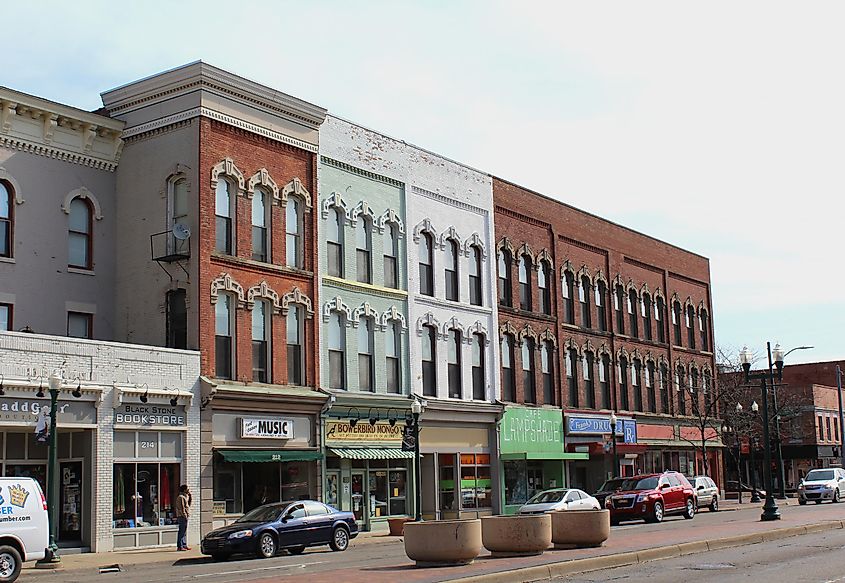
Ypsilanti, home to nearly 21,000 people, is a progressive yet offbeat city affectionately known as Ypsi. Its unique vibe extends to an eclectic arts scene and vibrant nightlife, with three main historic districts: Downtown, Depot Town, and West Cross. These districts, among the state's most interesting and well-preserved, offer an authentic ambiance, gorgeous architecture, and a mix of local retail and dining. Situated midway between Ann Arbor and Detroit, Ypsilanti is an ideal weekend getaway, located along the banks of the Huron River.
The city's downtown, listed on the National Register of Historic Places, beautifully showcases its founding era with 19th-century buildings and homes centered around the iconic Ypsilanti Water Tower. Standing at 147 feet, it's the town's tallest and most-photographed structure since 1890. Thanks to Eastern Michigan University, Ypsilanti boasts vibrant artisan shops and bustling cafés, with a cultural calendar full of events. The town has a lively, youthful feel, especially in summer, when visitors can enjoy the quiet waterfront and less crowded attractions. Highlights include the Michigan Firehouse Museum and the Ypsilanti Automotive Heritage Museum, not to mention the delicious dining and craft breweries.
The Takeaway
Charlevoix is renowned for its world-famous Hobbit Houses, which blend seamlessly with the seasonal forest landscape. Meanwhile, Chelsea is known for the historic Tower Clock and the Purple Rose Theatre, which offers year-round award-winning American theater productions.
For nature enthusiasts, Manchester's annual events, such as the Chicken Broil and Christmas Home Tour, offer unique local experiences. Meanwhile, Holland boasts stunning natural landscapes with dune acres, over 1,500 hectares of parks and trails through marshlands, 240 kilometers of paved bike paths, and wooded glens ideal for hiking.
